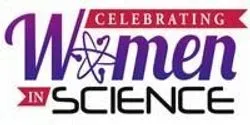Lab Leadership

University scholars are largely resisting the use of social media to circulate their scientific findings and engage their tech-savvy students, a Michigan State University researcher argues in a new paper.

Throughout the business landscape, countless days and hours are spent on the hiring process—rifling through resumes, conducting phone and in-person interviews and vetting potential hires—and for good reason. Company payroll budgets only contain so much flexibility for new employees, and selecting the correct individual to fill an open position involves much more than just ensuring their competence in the role; your new employee is also joining the best weapon in your companywide publicity arsenal: your staff.

Support for natural history – the study of organisms, how and where they live and how they interact with their environment – appears to be in steep decline in developed countries, according to Joshua Tewksbury, a University of Washington professor and WWF International scientist.














